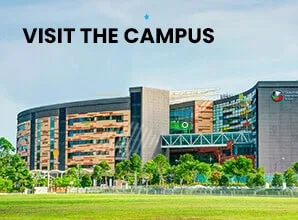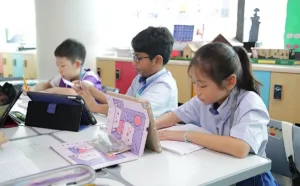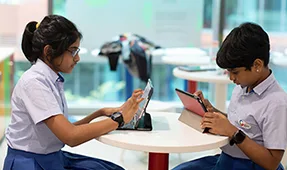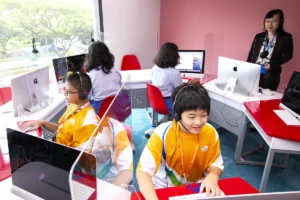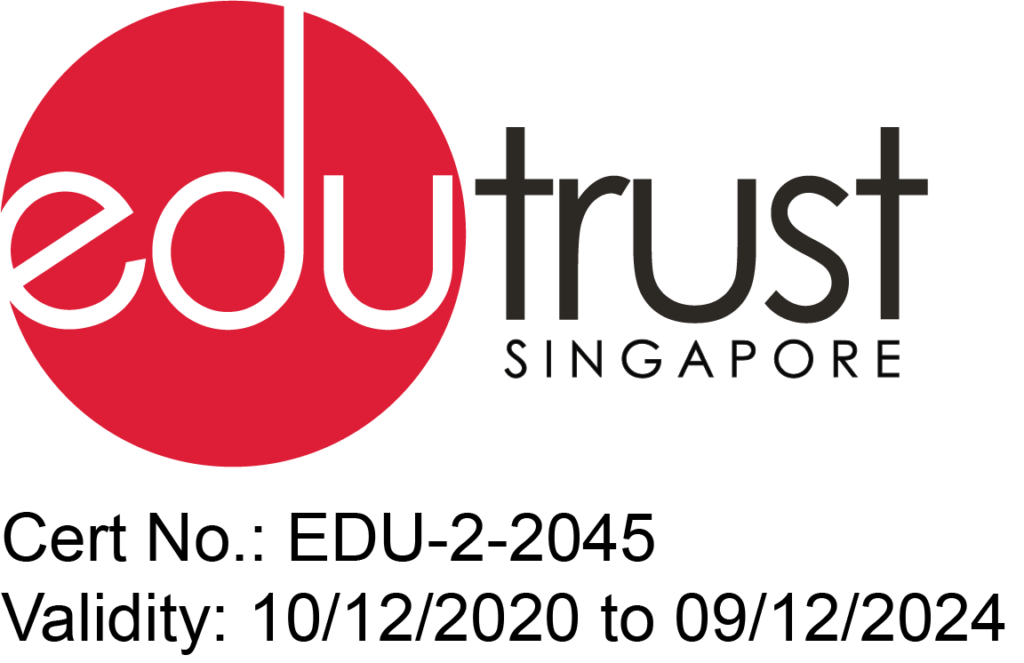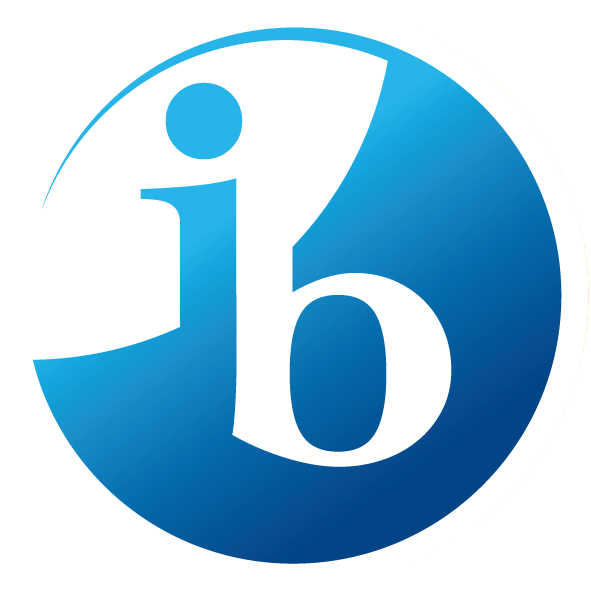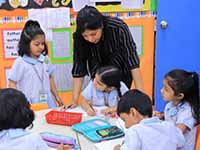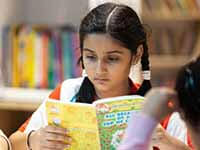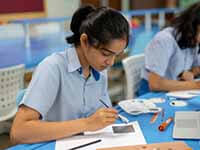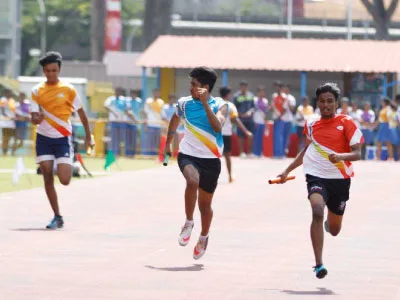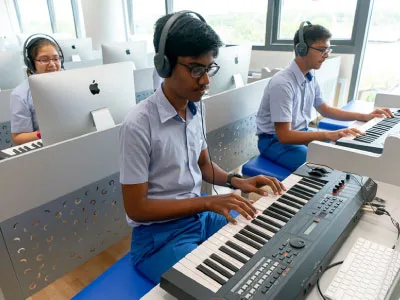Prioritising well-being in a time of crisis
“Over the past decade, wellbeing has become established internationally as an important goal that contributes significantly to a global vision of a more inclusive, healthy, caring and happy society.” — Taguma, 2018
At the heart of GIIS philosophy is the well-being of each student. We believe happy students make a happy school. All of us at GIIS strive to ensure students feel socially and emotionally balanced, as only then can we expect them to further their holistic growth via the school’s award winning holistic 9 GEMS pedagogical framework.
As the world knows, 2020 was an unusual year and the COVID-19 pandemic changed the future of education. Students across the globe have been through trying times for more than a year.
At GIIS Singapore, we take proactive steps to ensure the well-being of students at every stage, whether classes are held online or face-to-face. The primary concern of all teachers at GIIS is to ensure that their students are well and motivated to learn, they feel connected and their fears are addressed. Before the current crisis, a significant amount of research strongly suggested that there is a bidirectional relationship between well-being and learning outcomes.
A Wellness Wheel is a wellness model that looks at different aspects of well-being. This Wellness Wheel below shows the areas of wellness that comprise a person’s optimal well-being.

The above aspects of the Wellness Wheel can be met by taking care of the social-emotional, psychological, mental, environmental & technological needs of the students. All these areas for students’ optimal well-being are interlinked. We bring this into the classroom through a well-structured programme called Evolve, Emerge & Elevate (EEE), aimed at equipping students with techniques to become resilient, develop confidence in themselves and find a way to manage things effectively.

According to neuroscientists, there are four fundamental constituents of well-being (Dahl et al. 2020).

The activities conducted through the well-being program, EEE, ensure that the above four areas of well-being are taken care of while teaching daily lessons. There are theme-based activities conducted for all students, with special emphasis on Socio-Emotional Learning (SEL).
This includes activities that help learners better recognize and regulate their own emotions, communicate with others and try to understand them better, differentiate between feelings, thoughts and emotions and create and maintain positive relationships.
Five strategies that we keep in mind for incorporating Social-Emotional Learning in the classroom are:
1) Mindfulness
2) Connections between thoughts and feelings
3) Persistence and determination
4) Emphasis on gratitude
5) Listening with empathy
The well-being programme has definitely paved a way for students towards becoming more:
1) Confident
2) Self-motivated and self-regulated
3) Self-reliant
4) Independent
5) Resilient
Through this process, students stay balanced and take a positive approach towards their activities.
MOVING TOWARDS AN INTEGRATED WELL-BEING APPROACH
No matter what the future looks like, the above-mentioned activities are intended to support students at GIIS in their well-being journey throughout their education. The main challenge in the post-pandemic transition will be to capitalize on resources and experiences acquired in this unprecedented time. We must also embed the well-being approach as a day-to-day practice to support a healthy and flourishing learning environment for all students. We need to learn from the crisis, become comfortable with uncertainty and invest time in well-being routines.
If you are looking for a holistic and valuable learning experience for your child, please feel free to get in touch with our admissions counsellors.
